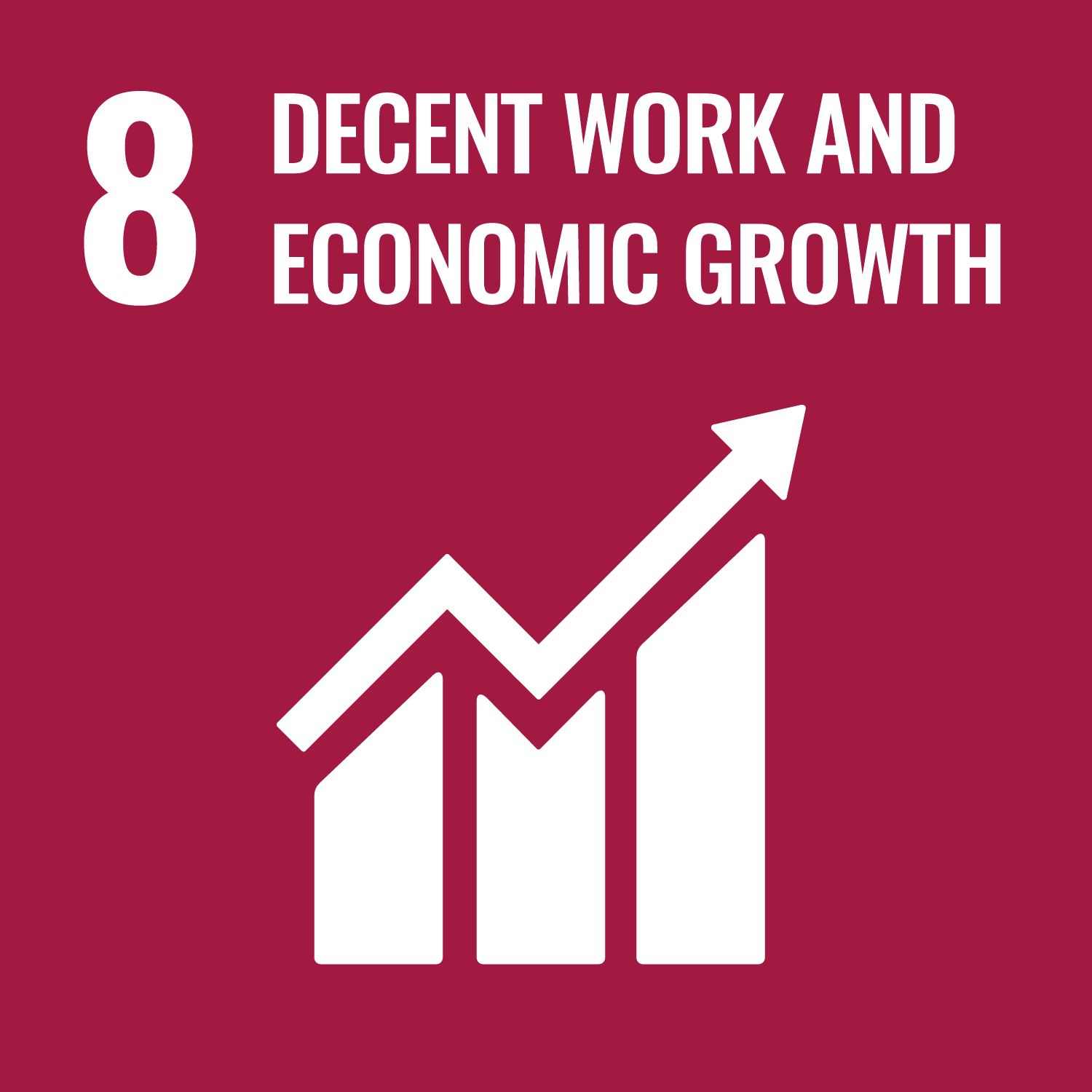Producers and consumers must share the cost of SFM, says Executive Director
10 May 2024

Improved communications are needed with consumers to relay the benefits and costs of sustainably managed tropical forests. Photo: Hwan Ok Ma/ITTO
New York, USA, 10 May 2024: Sustainable production of wood and forest products must be balanced with sustainable consumption to enable countries to meet the cost of sustainable forest management (SFM) in the tropics, ITTO Executive Director Sheam Satkuru told participants in a side-event during the 19th Session of the UN Forum on Forests.
“This is essential to incentivize the uptake of forest certification and legality verification to ensure longer-term viability and reward forest owners and managers,” she said. “Consumption patterns in both international and domestic markets must be taken into consideration.”
Ms Satkuru moderated the side-event, “Mainstreaming Legal and Sustainable Supply Chains of Tropical Wood Products for Responsible Production and Consumption”, which took place on 7 May 2024 and was co-organized by ITTO and India’s Ministry of Environment, Forest, and Climate Change. The event featured four speakers: K. Ravichandran, Director, Indian Institute of Forest Management, who spoke about India’s Forest and Wood Certification Scheme; Dato’ Ahmad Fadzil bin Abdul Majid, Senior Director, Forest Department of Peninsular Malaysia, who informed participants about the role of legal and sustainable timber supply chains in Malaysia; Martir Vazques, Deputy Director of Guatemala’s National Forest Institute, who presented on Guatemala’s timber traceability and control system; and Joseph Appiah, Ghana Forestry Commission, who reported on challenges and opportunities in implementing Ghana’s timber certification system.
In wrapping up the event, Ms Satkuru said major strides had been made in implementing SFM in the tropics, and forest certification and legality verification are effective tools for informing consumers on the certified or verified sources of the wood products they buy. However, consumer markets need to recognize that demand for SFM, the implementation of SFM, and its certification result in extra costs that should be shared among producers and consumers.
“Sustainable forest management is essential for ensuring the long-term sustainable use of forest products, but it incurs costs that producers alone cannot shoulder,” said Ms Satkuru. “Consumers rightly want the wood products they buy to be from responsibly managed forests, but awareness needs to be raised so they understand the very real costs involved, such as those arising from the technical expertise, financial and human resources required, and the need for consumers to help meet those costs and support such long-term commitments. Fiscal and non-fiscal incentives are critical.”
Ms Satkuru said the use of legally and sustainably sourced wood products helps mitigate climate change in terms of carbon sequestration and storage for the life-cycle of wood products, in addition to creating employment, enriching livelihoods and contributing to poverty eradication. There are considerable environmental benefits in using tropical wood instead of more-carbon-intensive materials such as steel, aluminium and concrete, she said. All these positive aspects of legal and sustainable wood contribute to the achievement of the Sustainable Development Goals, the UN Strategic Plan for Forests and the Global Forest Goals.
“Communication with consumers on the benefits of SFM and sustainably produced tropical timber and wood products needs to be enhanced so they can make informed choices in the materials they buy,” Ms Satkuru said.
Watch the video of the event: https://www.youtube.com/watch?v=AyqE0FFTwBE&t=226s
Download the presentations below:



